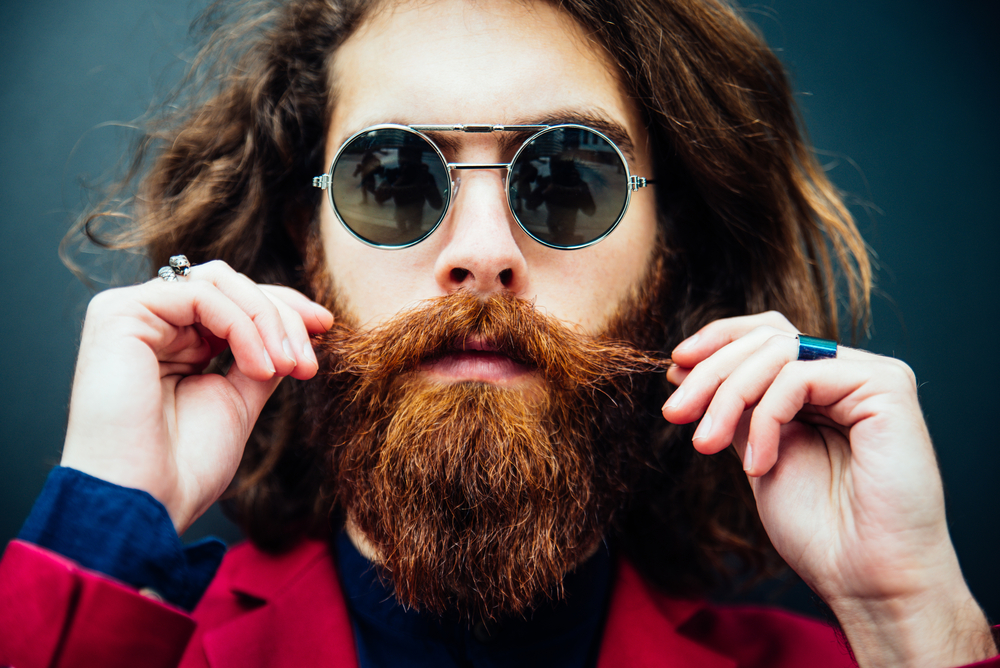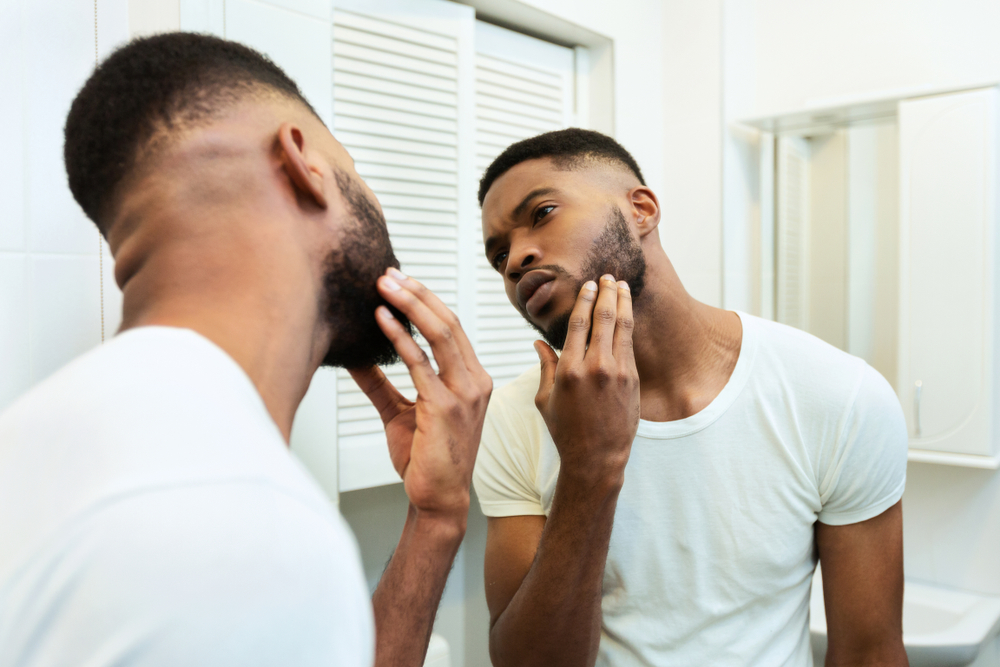
Men love to grow beards, and that’s no secret. Like hairstyles, beards also have different styles, whether neatly trimmed or heavy beards and the list goes on.
While growing beard hair, pretty sure you might be expecting your beard to grow equally dark like your scalp hair. So it can be of concern to you if you notice your hair turning red instead of white, and you might question if anything is wrong and can feel weird too.
But we’re here to help you with answers to the science behind your beard changing its color. And don’t fret because it’s totally normal.
Why Is My Beard Turning Red?
The simple answer is, it’s genetic. You can rest assured there’s nothing wrong or any sign for you to be worried about.
The reason behind the cause of red beard is the mutation of genes. Similarly, also the same case for having red scalp hair. When a person inherits two MC1R genes, the hair turns red. But having one MCIR gene can cause a person’s hair to turn red in unexpected places around the body. It can be on your legs, armpits, upper lips, your face.
Let’s get to know more in detail.
Why Do I Have A Red Beard But Black Hair?
Almost every man has grown or wishes to keep a beard at least once in their life. And there’s no denying that a healthy beard is perceived as a sign of manliness and confidence. But what if your expectations turn out to be more shocking, with your beard hair turning red while you have different hair color?
Of course, it can be of concern when your beard hair doesn’t match with your normal scalp hair, but as stated above, it’s genetic. Also, even if you have dark hair, you can still carry a red hair gene.
To explain it more simply, it’s obviously because someone from your family tree has passed down this gene, also known as the MC1R (melanocortin 1 receptor). It can be from your distant ancestors or grandparents.
Usually, a person inherits genes from their parents and ancestors. So there are high chances that your ancestors or grandparent have had red hair, and as a result, the mutation of genes is the result of having a red beard. However, genetics play a different role. Though your grandfather or father has a dark-colored beard, it doesn’t guarantee you too will have a dark beard.
How MCIR Gene Affects Hair Color?
The MCIR produces a protein known as melanocortin that transforms red pigment into black. The MCIR gene itself does not work in creating red hair. But instead, it works with the levels of two different pigments in your body known as eumelanin and pheomelanin.
The eumelanin generates darker hair, while the pheomelanin is responsible for red hues. Similarly, those who have darker hair primarily carry only eumelanin. On the other hand, people who mostly have pheomelanin have red hues or hairs. Meanwhile, those who tend to have less of each pigment are blonds.
Now, when a person inherits two mutated MC1R genes from their parents, they will have all-red hair.
But, if a person inherits a single mutated MCIR gene, the result is a red beard or red body hair. This is why you have a red beard despite a darker hair color.
However, if the MICR genes are not mutated, a person can have jet black hair and blonde beard vice versa.
For better understanding, a person might assume that a mutated gene during birth can be why they have a red beard even if their parents don’t have red hues. But the truth is, red hair is a recessive gene (an inherited gene that gets masked due to dominant genes).
Hence, the mutation does not show even if your parents carry mutated MCIR genes due to their dominant genes. So if you have a red beard or red hues around your body, you can thank your ancestors or great grandparents.
Other Reasons Behind The Change Of Beard Color
Of course, not everything revolves around genes, and sometimes, there can be a lot of reasons behind it.
One such reason is that the hair follicles start producing less melanin with age, which causes the hair to change its color and the most common color is grey. Moreover, most of the time, these changes don’t usually happen the way you imagine.
Another reason can also be due to prolonged sun exposure as it can weaken the hair, or being stressed can also contribute to the changing hair color of your beard.
Or, the chemical reaction from the beard shampoos or soaps that you’re using can also contribute to the cause. Most importantly, the color can fade if you don’t maintain a proper diet or get enough nutrients/ minerals.
Why Is My Beard Turning Red? (Conclusion)
All in all, beards are considered to be a genetic trait. People who carry the red hair gene usually have ginger or strawberry blonde hair, while others might have black or nearly black hair. Since everyone does not inherit the genes of their parents, you can get other colors like white and grey as well. But red is the highest possibility when it comes to the different beard colors.
Frequently Asked Questions
Q: I’m 20, but my beard is already grey. What can this mean?
A: This means that your body has stopped producing melanin at the age of 20 years. The reason for that might be during puberty or due to stress.
Q: Why do naturally black bearded people also get grey beards?
A: This can happen due to stress, poor diet or prolonged sun exposure. Usually, hormones play a crucial role in this change for both men and women.
Q: Is it true that men who smoke are more likely to have grey beards?
A: Yes, this is true. Smoking damages the cells in your body including melanocytes, which can cause an increased number of white or grey beard hairs.
Q: Is there a way I can stop my red beard from changing color?
A: You could try using a beard oil that is packed with antioxidants as they help beards from turning grey due to stress as well as other factors. Or, you can also try drinking kale juice every day. This will make your beard less likely to turn grey because it contains antioxidants and nutrients beneficial for the hair follicles.








